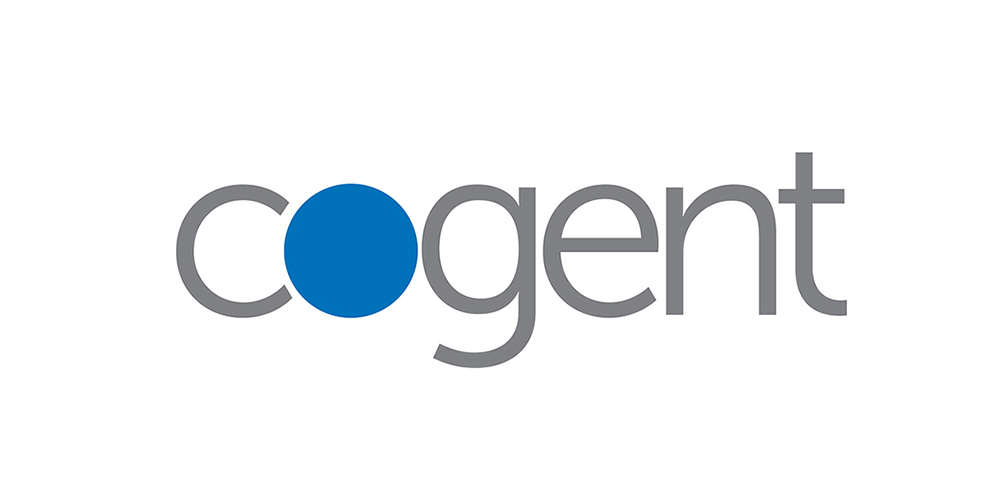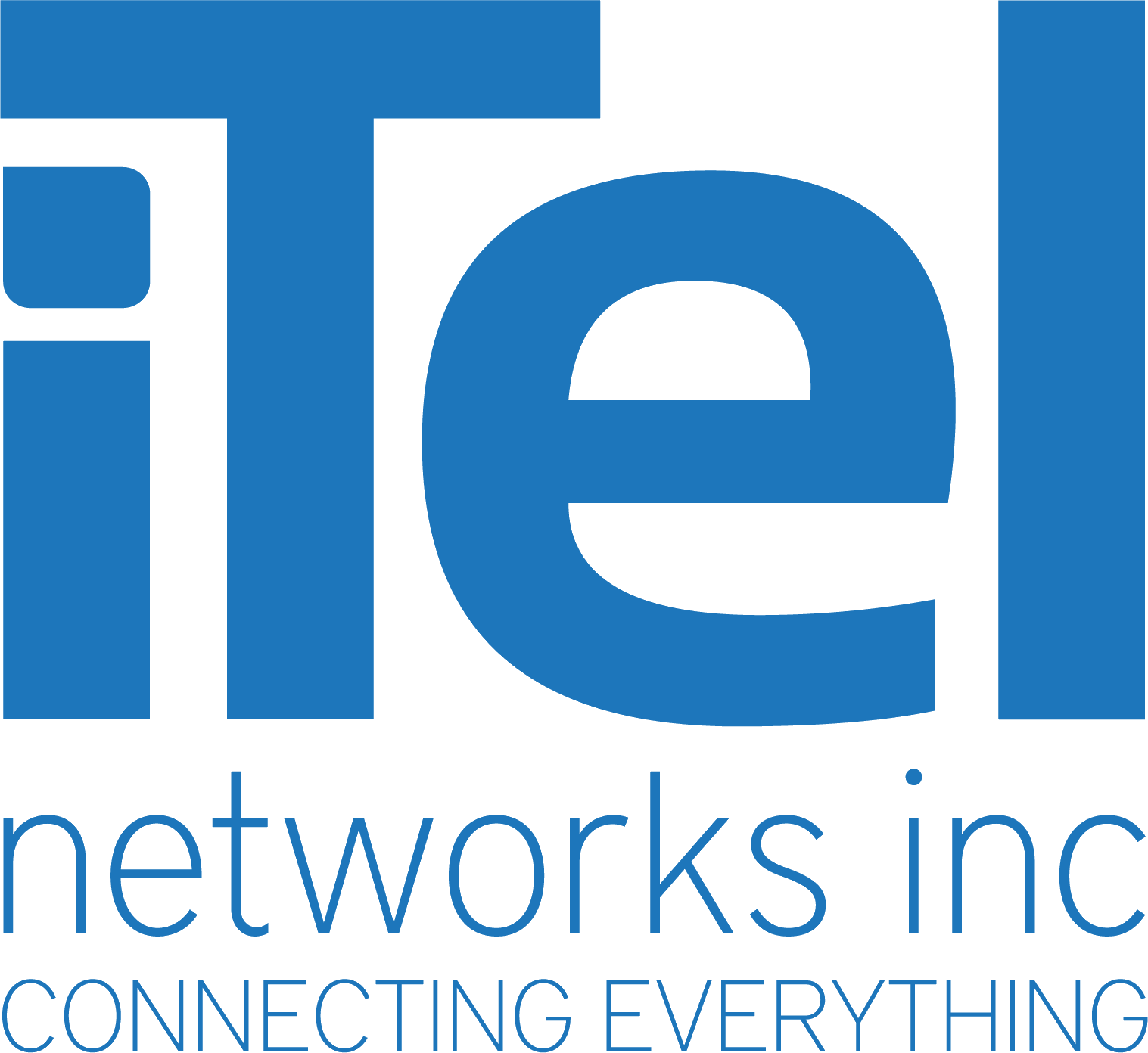Westland Data Centers Locations (28)





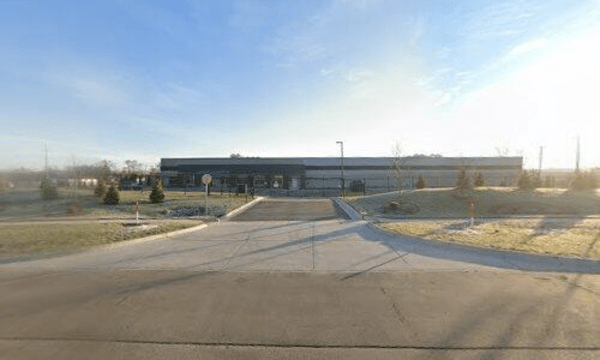





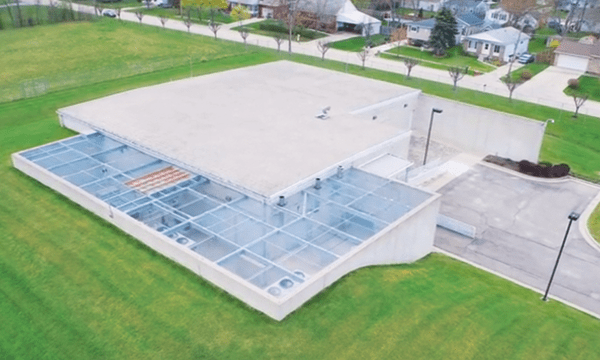

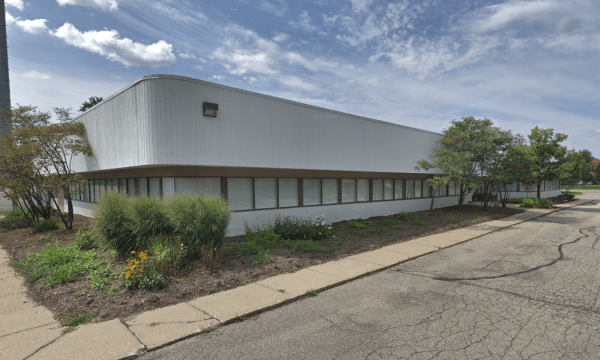





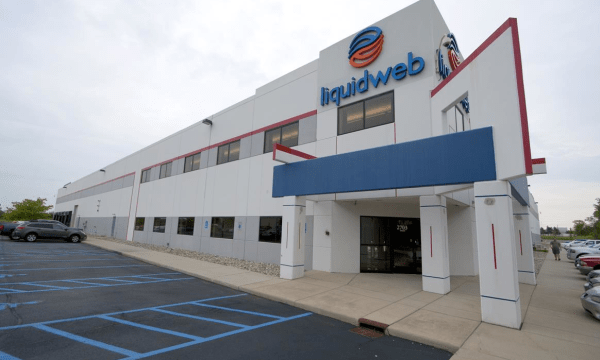

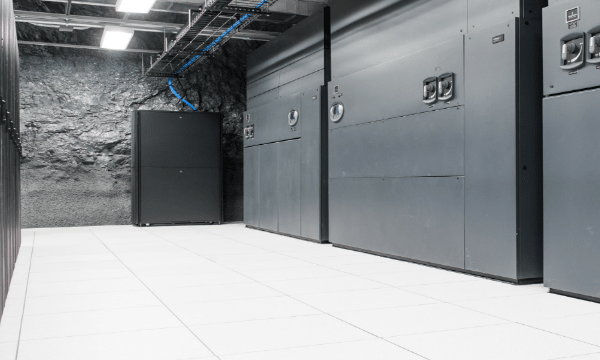

























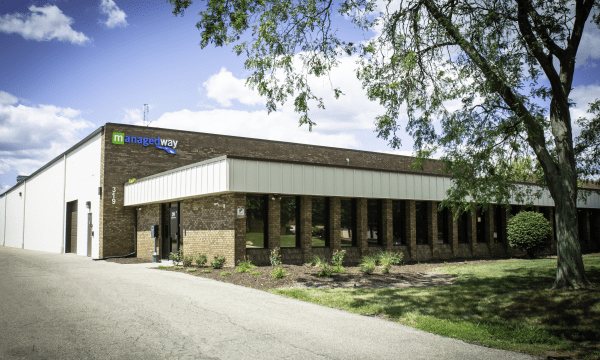



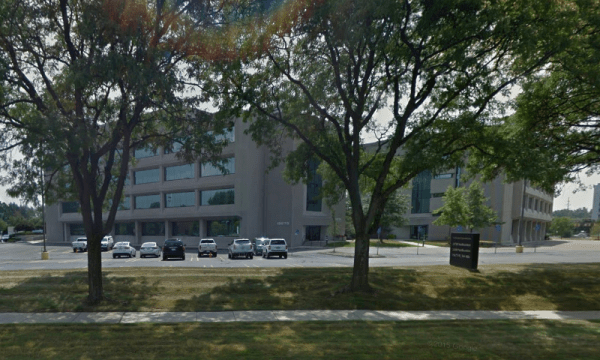




About Westland, United States Data Centers Market
Westland Data Centers
Westland, located in the metropolitan Detroit area of Michigan, offers strategic advantages for data center operations due to its proximity to one of the major automotive and technological hubs in the United States. This proximity provides essential connectivity and accessibility to a broad market of businesses requiring robust data services, particularly those in the automotive, manufacturing, and technology sectors.
The infrastructure in Westland supports high-capacity data center operations with reliable power supplies and extensive telecommunications networks. Michigan’s climate, with its cold winters, provides natural cooling benefits for data centers, which can lead to more energy-efficient operations during those months.
Local government initiatives aimed at fostering economic growth in technology and manufacturing sectors provide potential incentives for data center development, including tax incentives and grants. Additionally, Westland's proximity to several major universities and colleges in the Detroit area ensures a steady supply of skilled graduates in IT and related fields.
Strategic Advantages
Westland’s geographic location offers significant logistical benefits, including excellent connectivity to major urban centers like Detroit. This is crucial for data centers that require rapid deployment and maintenance capabilities, as well as high reliability and low latency in data transmission.
The city’s position within the Great Lakes region provides additional logistical advantages, such as access to international waterways and a robust network of transportation infrastructure, including highways and airports, facilitating national and international business operations.
Furthermore, the cost of operations in Westland, compared to larger metropolitan areas, is generally more competitive, offering opportunities for larger-scale data center projects at reduced costs.
Current Trends and Industry Developments
Sustainability is increasingly important in the data center industry, and facilities in Westland are adopting green technologies and practices. These include leveraging renewable energy sources available in Michigan and implementing advanced cooling technologies that reduce power consumption.
The expansion of cloud services is a significant trend, driven by the growing reliance on digital technologies across businesses. Westland’s data centers are enhancing their infrastructure to support a variety of cloud computing models, catering to the increasing demand for scalable and flexible IT resources.
Security remains a critical area of focus, with ongoing investments in robust physical and cybersecurity measures to protect against evolving cyber threats. These investments are essential for maintaining client trust and ensuring compliance with stringent data protection regulations.
Future Developments and Opportunities
Looking ahead, Westland is well-positioned to capitalize on the increasing demand for data services, driven by the continuous growth of digital technologies and the strategic importance of the Detroit area as a manufacturing and tech hub. The city’s location, combined with its robust infrastructure and supportive local policies, makes it an attractive site for new and expanding data center projects.
There is potential for Westland to become a regional leader in innovative data center solutions, particularly in the realms of sustainability and energy efficiency. Collaborations between data centers, local businesses, and academic institutions could foster innovations that enhance Westland’s competitive edge in the data center market.
Lastly, as concerns over data sovereignty and the need for secure data management continue to rise, Westland’s data centers could attract more companies seeking reliable, compliant data storage solutions. This could lead to increased investment and partnerships, further stimulating local economic growth and reinforcing Westland’s position as an emerging data center hub in the region.
GLOBAL
Top 10
Colocation Providers


